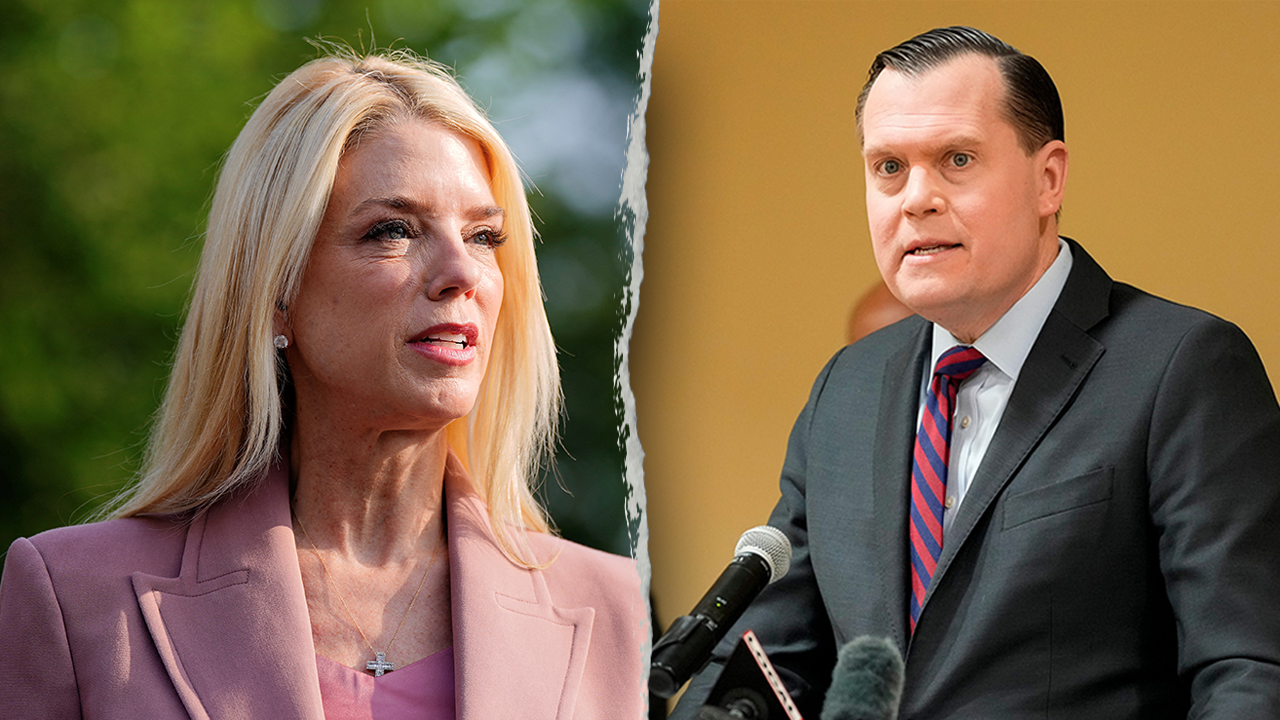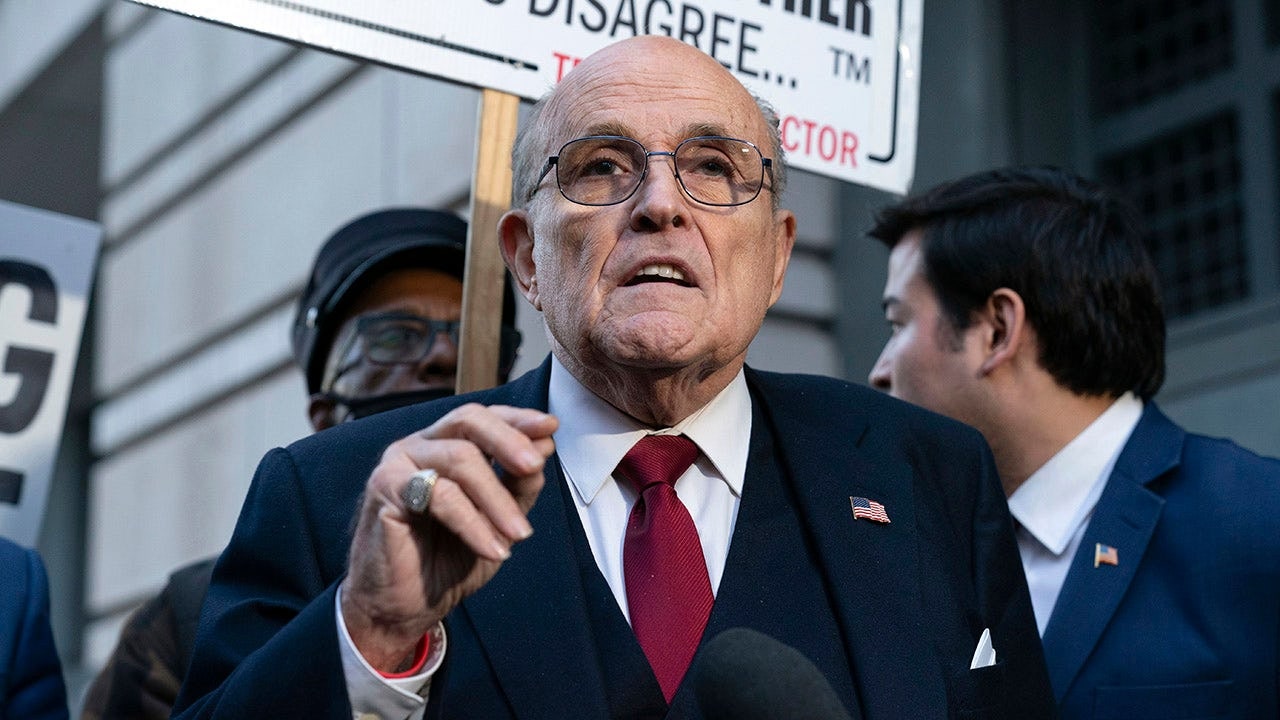Reporting by Poonam Behura in Bengaluru; Editing by Alison Williams
Finance
Aussie lender NAB to cut 10% jobs in markets division, Australian Financial Review reports
/cloudfront-us-east-2.images.arcpublishing.com/reuters/M4V2TEJ3AJIHZFAP32KHK6MFBM.jpg)
The National Australia Bank Logo is seen on a branch in central Sydney, Australia, February 8, 2018. REUTERS/Daniel Munoz/File Photo Acquire Licensing Rights
Aug 28 (Reuters) – National Australia Bank (NAB.AX) is preparing to cut around 60 jobs of the 600-staff at its markets division and undertake a broad restructuring exercise across its seven business, the Australian Financial Review said on early on Monday citing sources.
The country’s second-biggest bank would begin the layoffs as early as this week but is yet to announce the changes internally, AFR said.
The move, if confirmed, would come after reports of larger peers Commonwealth Bank of Australia (CBA.AX) and Westpac Banking Corp (WBC.AX) axing of several hundred jobs to reduce higher costs amid high interest rates and inflation.
Layoffs at NAB would include capital markets types working within its corporate and institutional banking unit, where its markets business sits with a team of about 600.
NAB did not immediately respond to a Reuters request seeking comments outside normal business hours.
Our Standards: The Thomson Reuters Trust Principles.

Finance
America is escaping its office crisis

For most people the covid-19 pandemic ended years ago. But not for commercial-property investors and their lenders. Working from home prompted an office slump that lasted far longer than mask mandates and lockdowns. Starting in 2022 aggressive interest-rate rises hurt the sector even more, by making mortgage loans far more expensive to roll over. The banks that financed it, especially the smaller ones, have been brutally squeezed as credit quality has deteriorated.
Finance
ESAF Small Finance Bank Announces Virtual AGM for 2025 – TipRanks.com

Elevate Your Investing Strategy:
- Take advantage of TipRanks Premium at 50% off! Unlock powerful investing tools, advanced data, and expert analyst insights to help you invest with confidence.
ESAF Small Finance Bank Limited ( (IN:ESAFSFB) ) just unveiled an announcement.
ESAF Small Finance Bank Limited announced the publication of the notice for its 9th Annual General Meeting, which will be conducted via video conferencing on September 24, 2025. This move reflects the bank’s adaptation to modern communication methods, potentially enhancing accessibility for stakeholders and aligning with regulatory requirements.
More about ESAF Small Finance Bank Limited
ESAF Small Finance Bank Limited operates in the financial services industry, primarily focusing on providing small finance banking solutions. The bank offers a range of products and services, including savings accounts, loans, and other financial services, with a focus on serving underbanked and underserved communities.
Average Trading Volume: 98,287
Technical Sentiment Signal: Sell
Current Market Cap: 14.81B INR
For detailed information about ESAFSFB stock, go to TipRanks’ Stock Analysis page.
Disclaimer & DisclosureReport an Issue
Finance
DeFi will survive efforts to make it a walled garden — Fold CEO

Decentralized finance (DeFi) protocols will survive government and corporate efforts to impose traditional financial regulations designed to create a walled garden of permissioned digital systems, according to Will Reeves, CEO and co-founder of Bitcoin (BTC) rewards company Fold.
Reeves told Cointelegraph that regulatory proposals requiring DeFi protocols to embed biometric identity checks within smart contracts, or other similar traditional financial (TradFi) regulations, will backfire, as did efforts to control the spread of information on the internet.
He also warned that governments and legacy financial institutions will use TradFi incentives to drive people to permissioned custody through traditional investment vehicles like exchange-traded funds (ETFs), which have benefits over holding crypto directly, including use as collateral for loans. He added:
“This is simply a chapter that will lead to an inevitable victory for these open networks. Over time, they will win, but along the way, you’re going to see regulations and things meant to delay progress.”
Entrenched financial institutions are pushing regulations to slow down innovation while they position themselves to enter the crypto sector over the next decade, Reeves told Cointelegraph.
Despite this pressure, protecting open-source software developers from legal liability remains the biggest priority to protecting permissionless financial protocols from centralization and regulatory overreach, he said.
Related: US Treasury’s DeFi ID plan is ‘like putting cameras in every living room’
Financial Institutions and governments enter the crypto world
As legacy financial institutions continue to increase their presence in crypto and demand tighter government regulation over the sector, privacy and financial sovereignty advocates worry the increased scrutiny could undermine the core principles of crypto and DeFi.
DeFi protocols promise to democratize finance and bank the unbanked, allowing anyone in the world with a cellphone and an internet connection to shift value and risk through an open, global financial system.
Forcing government-issued credential checks or imposing other know-your-customer (KYC) requirements onto DeFi protocols undermines permissionless access, decentralization, and increases financial surveillance risks, critics say. These risks would also make crypto and DeFi indistinguishable from the legacy financial system they were meant to replace, critics of these policies argue.
Magazine: Can privacy survive in US crypto policy after Roman Storm’s conviction?
Video: A Father Took His Daughters to School. Then Came the Gunshots. The Global Sumud Flotilla to Gaza: Everything you need to know ‘Nonsensical’ illegal immigrant tuition policy scrapped in Kentucky, Bondi lawsuit deal How 3 Hawaiian teen princes brought surfing to the mainland ‘Everywhere Man: The Lives and Times of Peter Asher’ Review: Documentary Traces a Remarkable Under-the-Radar Musical Legacy A community gathers for the first Mass after tragedy as questions still remain | CNN Video: Why Black Women Are Seeing Job Losses Trump moves to cut more than 500 Voice of America employees despite court ruling

































